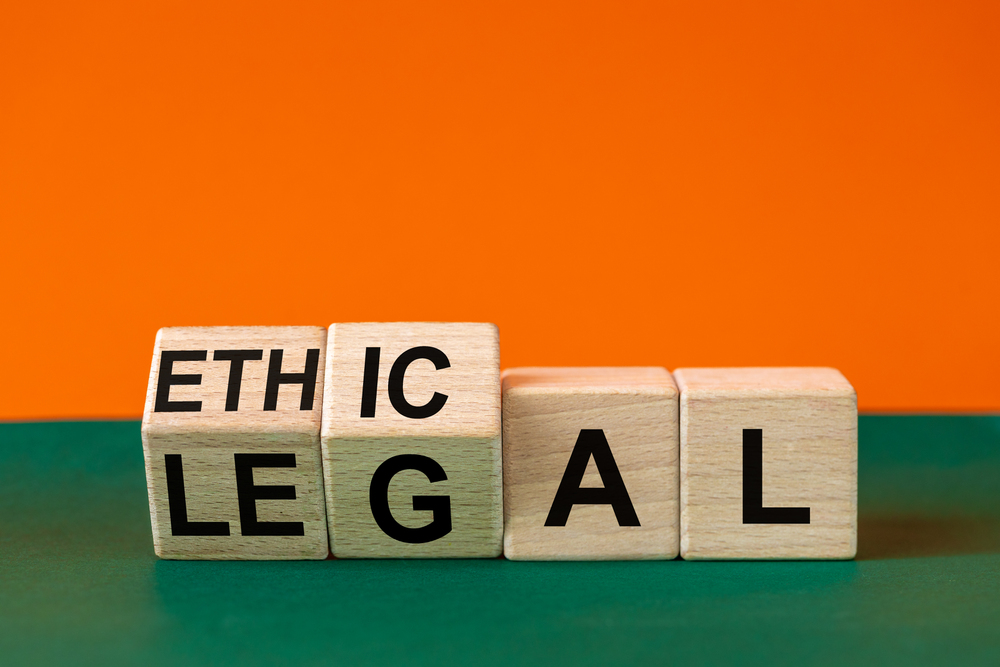A Digital Bill of Rights?
13 Apr 2015
_552bcc304dc64-3.png)
Digital rights in the UK is not enshrined in a single piece of legislation but is contained in various pieces of UK legislation, EU directives and human rights law. The Liberal Democrats want a Digital Bill of Rights that will define a citizens digital rights in a single piece of UK legislation.
The bill has four aims:
- Ensure that the civil and human rights that apply in the physical world also apply online
- Establish the key rights that are particular to the digital sphere
- Ensure greater transparency around the ways in which government and private companies use personal data
- Protect and empower citizens to take control of their own data and to make informed choices about their digital lives
The Liberal Democrats do not have cast iron plans for their bill but are consulting with industry, academia and the public on how best to proceed and are therefore hosting an open consultation. The consultation document lays out what the party wants to achieve and the core areas that they will focus on. The 12 core policy areas are:
1) Control of personal data
2) Control of user content.
3) Limits on the use of personal data
4) A free and open internet
5) Freedom of speech
6) Privacy
7) Surveillance
8) Consumer rights
9) Encryption
10) Right to unrestricted internet access
11) Right to access and use publicly funded data and research
12) Digital literacy
A couple of headline policies in the document are; increased audit powers for the Information Commissioner’s Office coupled with greater sticks to punish offenders (Lib Dem MP Julian Huppert stated that fines were not enough), and custodial sentences for offenders trading in illegally obtained data.
It remains to be seen whether the other main political parties will announce something similar in the run up to the election.




Hanson Wade Ltd
Head of Marketing Operations